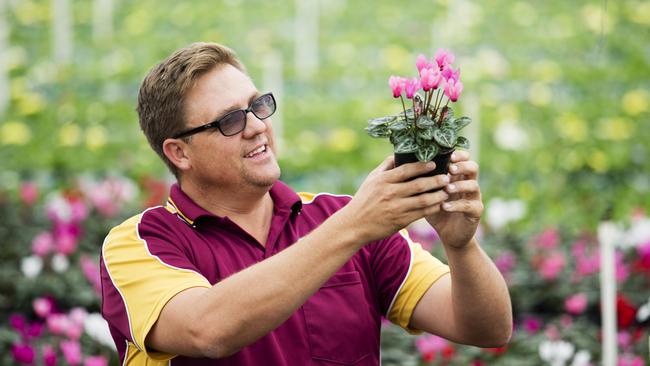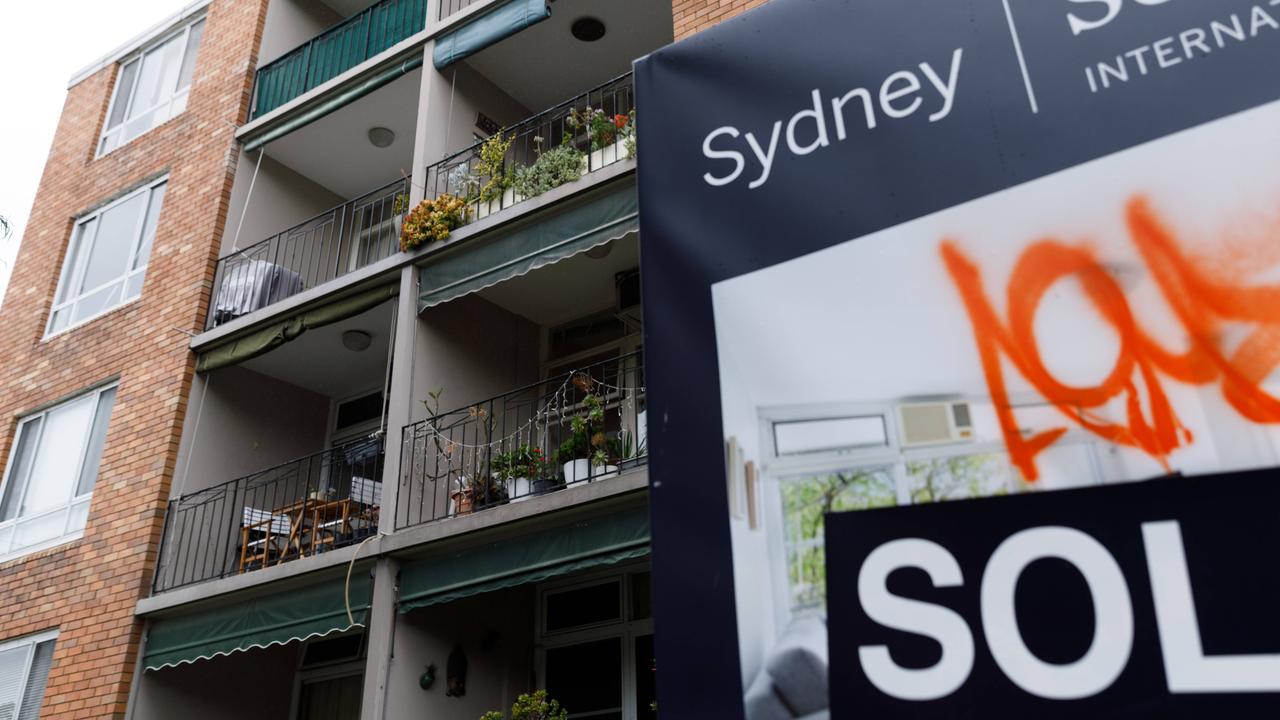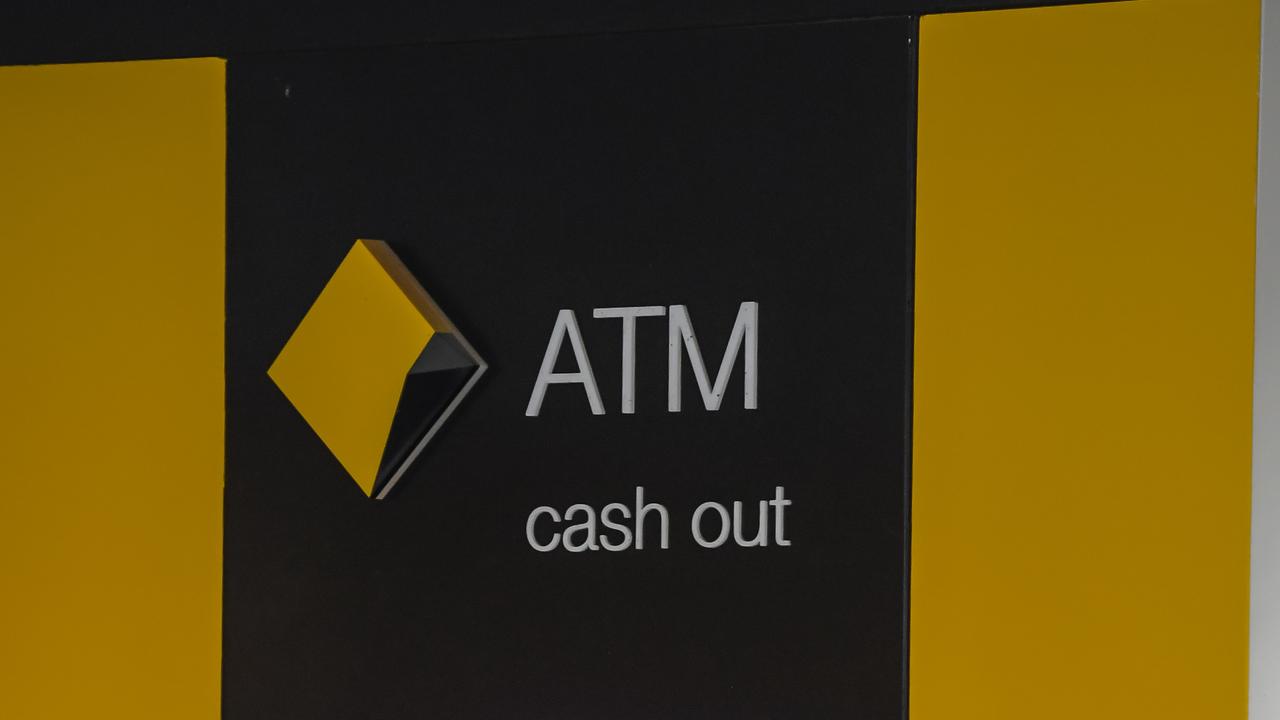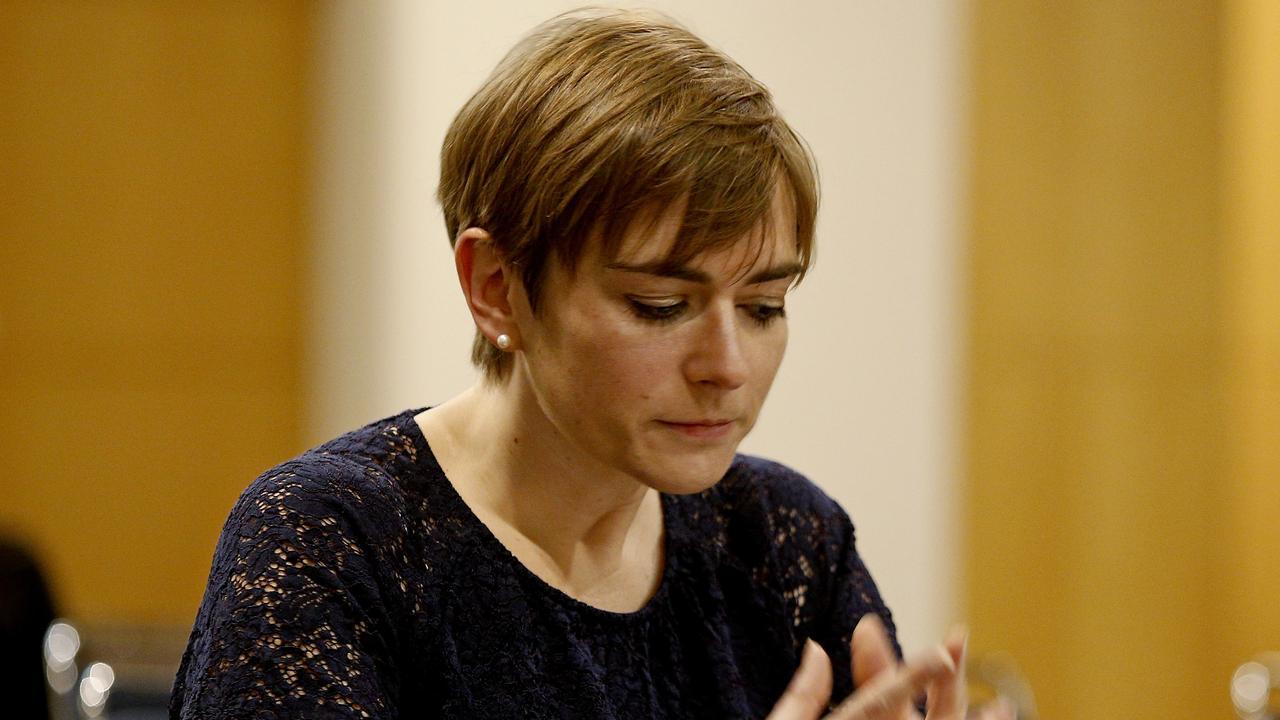Ross Greenwood: TAFE not just a school for apprentices
In just three weeks time the State Budget is handed down. And though many businesses are unaware of it, they should be watching and waiting to see if there are cuts to one of their valuable assets.

In just three weeks time the State Budget is handed down. And though many businesses are unaware of it, they should be holding their breath, watching and waiting to see if there are significant cuts to one of their valuable assets.
In this financial year the State Government will spend $2.3 billion on vocational education and training. That includes services through the Tertiary and Further Education (TAFE) system. But what’s not yet clear is whether NSW is prepared to move as far as Victoria, which went to a market-based vocational training system. Plenty now say it shattered a once-great TAFE system.
Many in the community might imagine TAFE simply has the task of training apprentices. You could not be more wrong. The FE in TAFE - Further Education - is the key to re-skilling workers who need to transition from one sector to another. And with the change in our economy - especially in Western Sydney where many manufacturers have closed or moved overseas - that service is invaluable.
But to survive the inevitable cuts that come to education facilities (simply look at the Federal Government’s knifing of state education commitments) the TAFE Institutes have had to adapt their own services. One of them is to become management consultants and problem solvers for business.
Big companies are well-known to outsource their problem solving to big organisations such as Boston Consulting and McKinsey & Company. Using TAFE courses is a way small and medium sized business can achieve similar results, at a fraction of the cost.
The Western Sydney Institute is one of those moving fastest. With nine campuses and 140,000 annual enrolments, it is one of the most important business-education facilities in the country.
The division of the WSI that does this is called Australian Workforce Development Solutions. It covers a range of areas from Agri-Food, construction, engineering, manufacturing and transport. It even assists Government departments.
John Yealland, Enterprise Improvement Specialist at WSI says the philosophy comes from the lean manufacturing programs that drove Toyota’s efficiency many years ago. “It is about continuous improvement through the whole organisation, by letting staff become engaged in the change.”
Specialists from within the TAFE campuses will typically go into a workplace to help address productivity problems, by engaging the staff to come up with the solutions themselves.
“Typically we will be looking at the manufacturing services sector. But more often than not its not the guys on the shop-floor that are holding up the processes, it’s administration or those buying raw materials that need to improve,” Yealland says.
He says the whole of business approach can drive efficiencies to help small and medium sized businesses more easily compete with foreign imports, and most often the answers will be found within the business itself.
“We don’t go in and say we are experts in widget making but we know how to help people ask the right questions and find solution for their own business.”
Kyle Newport is a third generation nurseryman who understands the benefit of apprentice training.
But by allowing his staff to participate in a business efficiency program, he really began planting extra seeds for the future.
Ongoing training of his staff — through the TAFE-Western Sydney Institute courses — began taking his business to another level, through changing everybody’s mindset.
“Not everything we tried worked,” Mr Newport admits. “But instead of having every idea in the business coming from us, the management … (we had) more coming from our guys … it’s got to be a good thing,” he says.
The nursery’s experience is an example of how small and medium sized businesses, using the skills of TAFE and further education, can bring in external expertise without paying massive fees to private consultants.
The courses for continuous improvement were developed for factories and industrial applications. Mr Newport was the first to apply it to a nursery.
“It made us think about using our nursery like a warehouse. Where we re-laid our garden beds — on the recommendation of our own staff — it improved our growing area by 15 per cent.”
Albery Colour Spot Nursery is a wholesale nursery based in Hawkesbury Heights — a plant factory.
“Each fortnight we allocated fours for nine staff to go through the program. It ran almost two years. It gave everyone the skills to have an opinion about the way the business operated. But it also made our staff aware of the way the business runs. We shared quite a bit of financial information.”
Now the business is using the same techniques to improve the efficiency of its freight arrangements.



